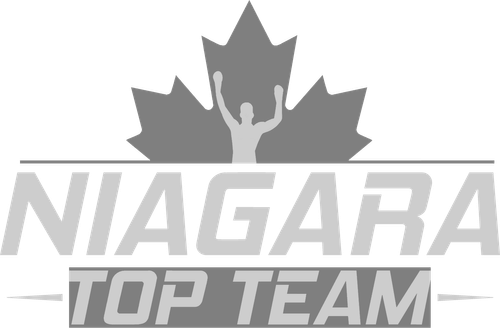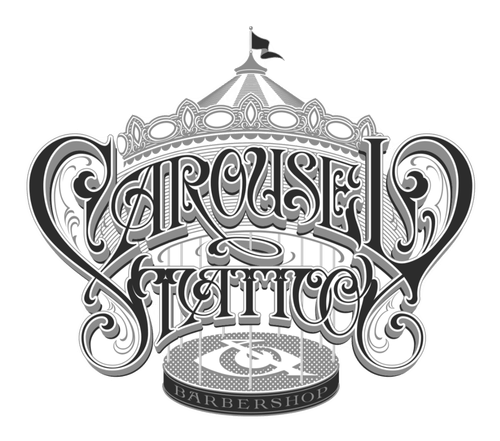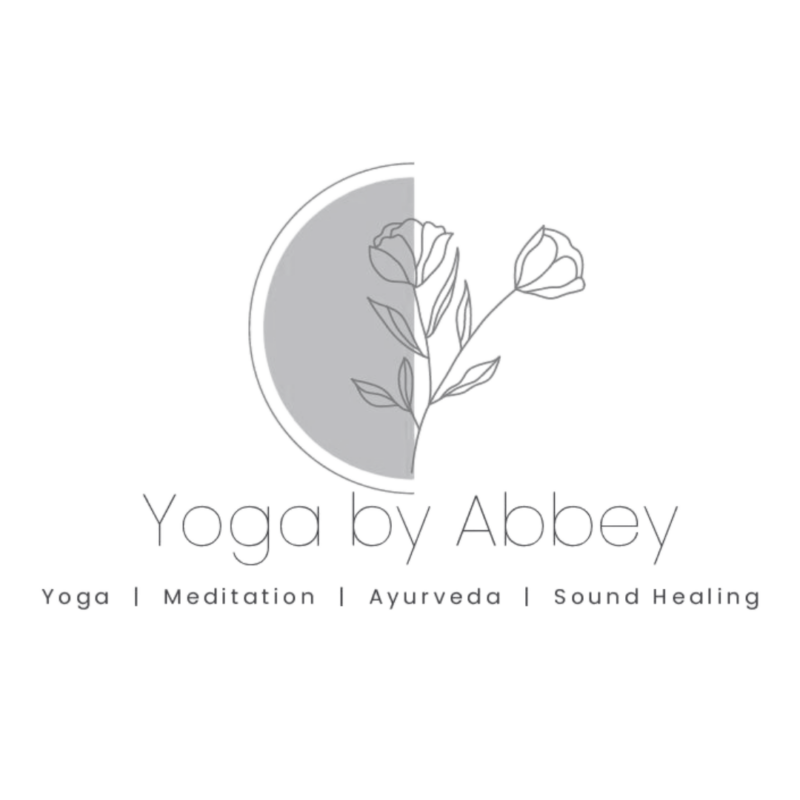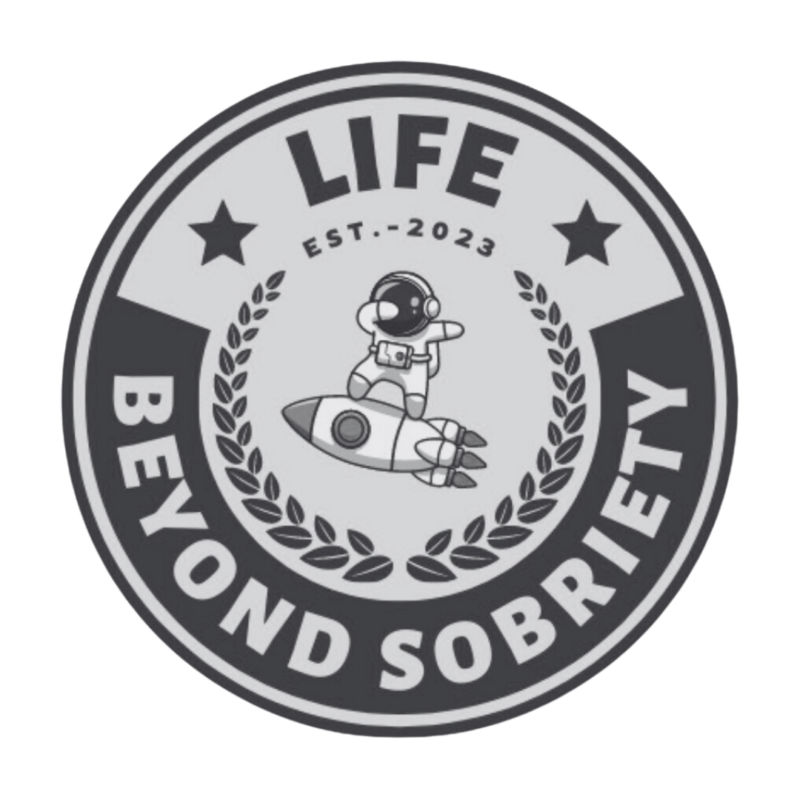Exploring Addiction Treatment
In Ontario, a province rich in resources and services, addiction treatment options are vast and varied. Numerous facilities, ranging from government-funded initiatives to private organizations, offer comprehensive care for those battling addiction. Despite the range of services available, finding the right fit involves understanding individual needs, treatment philosophies, and the unique aspects of each program offered across the region.
A crucial aspect of addiction treatment Ontario residents benefit from is the holistic approach, which addresses not only the physical dependency but also the mental, emotional, and spiritual aspects of addiction. This multi-faceted approach has been noted for its effectiveness in fostering lasting recovery and personal growth.
The Holistic Path to Recovery
Holistic treatment forms the backbone of many programs in Ontario, with centers like Twelve Mile Recovery leading the charge. The holistic approach encompasses a spectrum of therapies designed to heal the whole person, rather than just address symptoms. This method recognizes that addiction is intertwined with various life aspects and, therefore, requires a comprehensive strategy for treatment.
At Twelve Mile Recovery, for instance, holistic treatment involves integrating evidence-based therapies, such as cognitive-behavioral therapy, with alternative methods like mindfulness and martial arts. This combination aids in building emotional regulation, self-discipline, and resilience, crucial components for sustained recovery. By focusing on both mental health conditions and substance use disorders, the holistic path offers a balanced approach to healing and empowers individuals towards self-discovery and personal empowerment.
Evidence-Based Therapies and Their Impact
Understanding the science behind addiction provides a clearer path to recovery, which is why evidence-based therapies are a cornerstone in treating addiction in Ontario. These therapies, grounded in extensive research, aim to provide effective strategies to combat addiction. Cognitive-behavioral therapy is particularly popular, focusing on altering negative thought patterns and behaviors associated with substance use.
Beyond cognitive-behavioral approaches, other therapies such as motivational interviewing and contingency management are also employed. These interventions are designed to boost motivation, reinforce positive behaviors, and encourage commitment to recovery. Twelve Mile Recovery employs these methods to help individuals gain insight into their addiction, equipping them with tools to overcome challenges and promote enduring change.
Peer Support and Its Role in Recovery
The Power of Shared Experiences
Peer support is a vital component of many addiction treatment programs in Ontario. Personal experiences shared by those who have walked similar paths can provide invaluable motivation and encouragement. At Twelve Mile Recovery, the team is entirely composed of individuals with lived experience, which allows them to connect on a deeper level with clients.
This environment fosters trust and understanding, creating a community that champions accountability and mutual support. Group therapy sessions, often led by peers, enable individuals to express their challenges and triumphs. These interactions not only reduce feelings of isolation but also inspire hope and resilience.
Trauma-Informed Care Approaches
Acknowledging the role of trauma is essential in addressing addiction. Many individuals struggling with addiction have histories of trauma, which can exacerbate their condition. A trauma-informed approach ensures that care is sensitive to these experiences, providing a safe and nurturing environment for healing.
At Twelve Mile Recovery, trauma-informed care is integrated into the treatment model, focusing on recognizing and responding to trauma’s effects. This approach involves creating a safe space, fostering trust, and facilitating empowerment. Clients are encouraged to explore their trauma in a supportive setting, which aids in breaking the cycle of addiction and promotes emotional healing.
Alternative Therapies in Addiction Treatment
While traditional therapies hold significant importance, alternative approaches offer additional benefits in addressing addiction. Techniques such as mindfulness, yoga, and martial arts have gained popularity in Ontario for their potential to enhance treatment outcomes. These practices are centered around fostering self-awareness, reducing stress, and promoting physical and mental wellness.
Incorporating such therapies into addiction treatment programs, like those at Twelve Mile Recovery, provides clients with diverse tools to manage cravings, regulate emotions, and maintain sobriety. These alternative therapies encourage individuals to develop healthier lifestyles, fostering long-term recovery and overall well-being.
Inpatient and Virtual Treatment Options
Flexible Solutions for Diverse Needs
Flexibility in treatment options is crucial for addressing the varied needs of individuals seeking addiction recovery. In Ontario, both inpatient and virtual programs are available to cater to different circumstances. Inpatient treatment, as offered by Twelve Mile Recovery, provides immersive care, allowing clients to focus solely on their recovery journey in a structured environment.
For those unable to commit to a residential program, virtual treatment offers an alternative with its own advantages. Virtual programs deliver therapy through digital platforms, making support accessible from the comfort of one’s home. This option suits those who require flexibility but still wish to engage with professional support and therapy sessions actively.
Personalized Treatment Plans
The complexity of addiction necessitates personalized treatment plans that consider each individual’s unique circumstances. In Ontario, many treatment centers recognize the importance of tailoring programs to meet specific needs. Personalized plans ensure that clients receive focused attention relevant to their struggles and goals.
At Twelve Mile Recovery, clients undergo comprehensive assessments to determine the most effective course of action. This individualized approach ensures that therapy aligns with personal experiences and aspirations, facilitating a more profound healing process. By addressing the unique facets of each person’s addiction, these personalized plans pave the way for lasting recovery and personal growth.
The Importance of Community in Recovery
Building Support Networks for Lasting Change
Community plays a pivotal role in sustaining recovery and preventing relapse. Engaging with a supportive network of individuals who understand the challenges of addiction can significantly impact one’s journey towards sobriety. In Ontario, many treatment programs emphasize the importance of building these supportive communities.
Twelve Mile Recovery, for example, offers a nurturing environment where individuals can form genuine connections. Clients are encouraged to participate in group activities, share their stories, and support one another. This sense of belonging fosters accountability, mutual encouragement, and enhances the overall recovery experience. By embedding individuals within a strong community, the likelihood of achieving and maintaining sobriety increases exponentially.
Navigating the Road to Recovery
Embarking on the path to recovery is a courageous step towards a healthier, more fulfilling life. In Ontario, the abundance of resources and knowledgeable professionals assists individuals in navigating this challenging yet rewarding journey. Choosing an appropriate treatment program is paramount; aligning personal values, goals, and needs with the available options facilitates a positive recovery experience.
Twelve Mile Recovery exemplifies the comprehensive care available, integrating diverse therapies and support systems to empower individuals on their recovery journey. With a focus on holistic healing and community building, addiction treatment in Ontario is well-equipped to provide the necessary tools for achieving long-term sobriety and personal growth.
What is the most successful treatment for addiction?
Success in addiction treatment often hinges on a combination of methods tailored to the individual’s unique needs. At Twelve Mile Recovery, we emphasize a holistic approach, integrating evidence-based therapies such as cognitive-behavioral therapy with alternative methods like mindfulness and martial arts. This mixed approach helps not only in addressing the physical symptoms of addiction but also in supporting emotional and mental health. Studies have shown that when treatment programs consider factors such as trauma, mental health conditions, and individual goals, success rates improve significantly. The key is a personalized treatment plan that evolves as the person progresses on their recovery journey. Have you considered how different methods could complement each other in someone’s recovery plan?
What is the wait time for rehab in Ontario?
Wait times for rehab in Ontario can vary significantly based on the type of facility and the specific services required. Government-funded programs might have longer wait times due to high demand, whereas private facilities like Twelve Mile Recovery often have more immediate availability. Our team understands the urgency of accessing treatment and strives to minimize waiting periods as much as possible. We encourage individuals needing immediate assistance to contact us directly to discuss available options and fast-track their entry into treatment. How do you think immediate access to care impacts recovery outcomes?
How much does rehab cost in Ontario?
The cost of rehab in Ontario can range widely depending on whether the facility is publicly funded or private. Publicly funded facilities generally offer services at no direct cost to clients, though they may have significant waiting lists. In contrast, private treatment centers like Twelve Mile Recovery provide a range of services that might come with a higher price tag but typically offer a wider array of amenities and more personalized care. We work with individuals to navigate their insurance options and explore payment plans to make treatment accessible. What factors do you think are most important to consider when evaluating the cost versus the benefits of a treatment program?
What is the most common addiction in Canada?
While substance use patterns can vary across regions, opioids and alcohol continue to be among the most common addictions in Canada. In Ontario, the opioid crisis remains a significant public health concern, with alcohol misuse also prevalent. At Twelve Mile Recovery, we adopt a comprehensive approach to address these issues, recognizing that addiction often co-occurs with mental health disorders. By focusing on integrated therapies, we aim to provide effective support for individuals facing these widespread challenges. What role do you believe societal factors play in shaping addiction trends?
How does peer support boost addiction recovery?
Peer support is invaluable in the journey to recovery. At Twelve Mile Recovery, we prioritize a supportive community where individuals share their experiences and learn from one another. Our team, all of whom have personal experience in recovery, offer empathy and understanding that are often unmatched in traditional therapeutic settings. Studies highlight that peer support can enhance motivation, increase engagement in treatment, and reduce feelings of isolation. It provides a sense of belonging and accountability, which are crucial for sustaining long-term sobriety. How might peer connections alter the dynamic of someone’s recovery process?
What role does trauma-informed care play in addiction treatment?
Trauma-informed care is a critical component in effective addiction treatment, particularly when trauma is a root cause of substance use. At Twelve Mile Recovery, we create a safe and supportive environment that acknowledges past traumas and aims to address their impact. This approach involves building trust, promoting empowerment, and encouraging individuals to explore their trauma under carefully structured guidance. By understanding and integrating the effects of trauma, we aim to interrupt the cycles of addiction and help clients heal comprehensively. What are the potential benefits of addressing trauma in the early stages of addiction treatment?
How does Twelve Mile Recovery incorporate alternative therapies in treatment?
Alternative therapies play a vital role in our treatment approach at Twelve Mile Recovery. We incorporate practices such as yoga, mindfulness, and martial arts, which complement evidence-based therapies. These techniques offer benefits such as stress reduction, improved self-awareness, and enhanced physical health, which are all supportive of long-term recovery. Alternative therapies can provide a holistic framework for individuals to manage cravings, regulate emotions, and foster resilience, contributing to a well-rounded recovery experience. How do you think alternative therapies might enhance the traditional treatment experience?
Resources
- Centre for Addiction and Mental Health (CAMH) – CAMH is Canada’s largest mental health teaching hospital and one of the world’s leading research centers in its field.
- Ontario Government – Mental Health and Addictions – The official Ontario government page providing information and resources for mental health and addiction support.
- Psycom – Find a Mental Health Specialist – A reputable resource to help individuals find mental health specialists, including addiction treatment professionals.
- National Institute on Drug Abuse (NIDA) – NIDA is a government agency that conducts research on drug abuse and addiction to improve prevention, treatment, and recovery.
- Addiction Center – A comprehensive resource for information on various types of addiction, treatment options, and support services.












